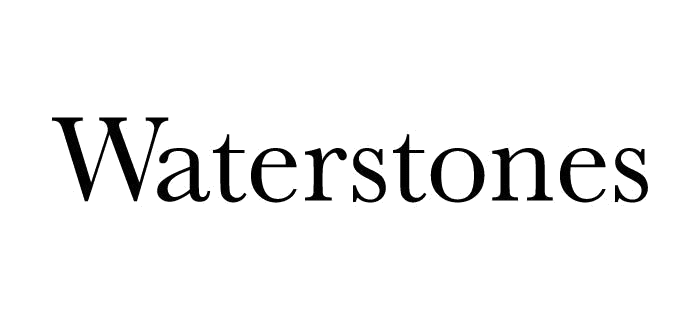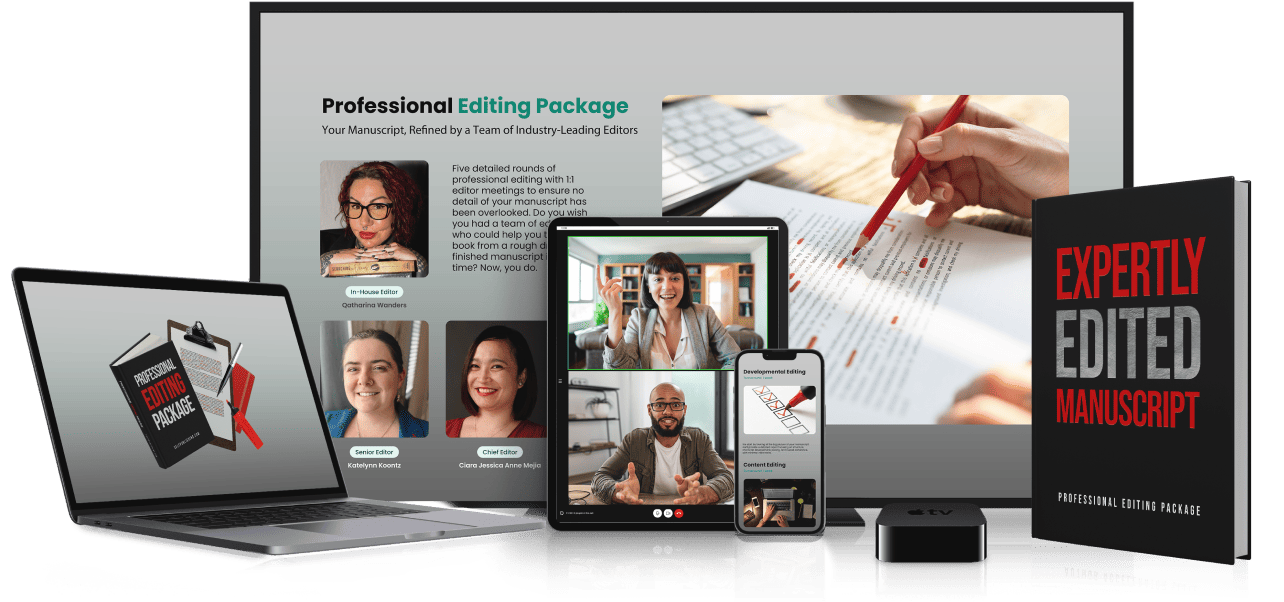







INTRODUCING:

Our professional editing services are designed for writers, business people, and professionals who wish to produce quality, professionally written manuscripts. Our professional editing, proofreading, and fine polishing will transform your manuscript into the ideal, professionally written book for publication.
We begin with an initial call to understand your manuscript and publishing goals. Regular check-ins ensure alignment and the best outcome for your book.
We analyze the structure, flow, and coherence of your manuscript and provide a detailed report with feedback to refine your story. Learn more about our Developmental Editing process.
We dive deeper with inline comments and suggestions, focusing on specific areas like tone, clarity, and engagement while refining the overall structure.
This phase sharpens the flow and consistency of individual chapters. Inline edits target sentence structure, transitions, and chapter cohesion.
We polish your manuscript by correcting grammar, syntax, punctuation, and style, while offering ghostwriting services to bring your ideas to life.
The final stage ensures a flawless manuscript. We catch any remaining errors to deliver a clean, publication-ready book.
Professional editing brings sparkle, readability, and reader attraction to your book. Editors help you polish your manuscript and enhance such aspects as structure, grammar, flow, consistency, and style. Some or all of the following types of editing may be included:
Developmental Editing: Focused on the overall picture, i.e., structure, timing, character development, and plot. That your novel is well constructed and emotionally engaging.
Copy Editing: It is accountable for sentence structure, punctuation, grammar, and word selection. It is the editing process that produces language free of mistakes, concise, and accurate.
Proofreading: Last stage in editing process, where manuscript is read to detect small errors like typos, spelling errors, and formatting. Professional editing of your book is a seal of approval that your book is of top-notch quality, press-ready, and well placed to attract readers as well as industry professionals.
Yes, you can self-publish a book and avoid the editor, but it’s rarely worth it. Even bestsellers are professionally edited. An editor brings your writing into trim, tidies up inconsistencies or errors, and buffs the finished book to shine for readers. Omitting the editing process can impact the readability, credibility, and reviews of the book particularly in an open market.
The “publishing editor” would more naturally be used for the person employed by a publishing firm and responsible for the process of editing, i.e., commissioning books, dealing with authors, and meeting deadlines. They might or might not edit themselves.